Impeachment review panel includes David Prosser, a conservative former justice who was a Republican Assembly speaker
David Prosser is one of three former Wisconsin Supreme Court justices tapped by Republican Assembly Speaker Robin Vos to look at criteria for the unprecedented step of impeaching a current justice.
Associated Press
September 15, 2023
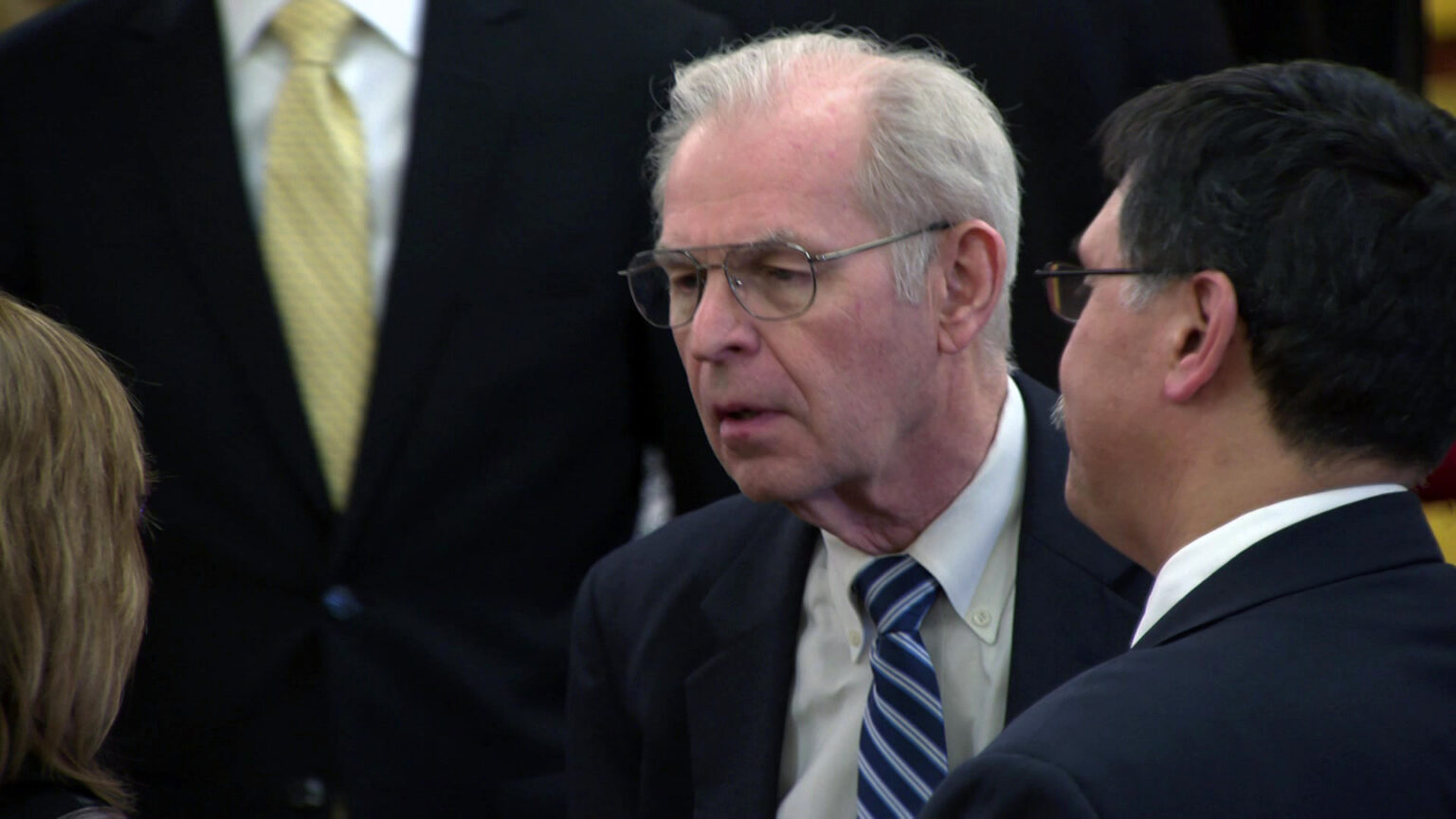
Then-Wisconsin Supreme Court Justice David Prosser speaks to other attendees at an election night party for Justice Rebecca Bradley on April 6, 2016, in Wauwatosa. Tapped to investigate impeaching newly elected Justice Janet Protasiewicz for taking Democratic Party money, Prosser accepted donations from the state Republican Party when he was on the court. (Credit: PBS Wisconsin)

MADISON, Wis. (AP) — One of the former Wisconsin Supreme Court justices tapped to investigate impeaching newly elected Justice Janet Protasiewicz for taking Democratic Party money accepted donations from the state Republican Party when he was on the court.
The former justice, Republican David Prosser, gave $500 to the conservative candidate who lost to Protasiewicz, did not recuse from cases involving a law he helped pass as a lawmaker and was investigated after a physical altercation with a liberal justice.
Prosser is one of three former justices tapped by the Republican Assembly speaker to investigate the criteria for taking the unprecedented step of impeaching a current justice. Speaker Robin Vos has floated impeachment because Protasiewicz accepted nearly $10 million from the Wisconsin Democratic Party and said during the campaign that heavily gerrymandered GOP-drawn legislative electoral maps were “unfair” and “rigged.”
The impeachment threat comes after Protasiewicz’s win in the spring of 2023 handed liberals a majority on the court for the first time in 15 years, which bolstered Democratic hopes it would throw out the Republican maps, legalize abortion and chip away at Republican laws enacted over the past decade-plus.
It also comes at the same time that Assembly Republicans passed a sweeping redistricting reform bill Vos described as an “off ramp” to impeachment and Senate Republicans voted to fire the state’s nonpartisan elections director. Both moves take on heightened importance in Wisconsin, one of a handful of swing states where four of the past six presidential elections have been decided by less than a point.
Vos won’t say who he’s chosen for the secret, three-judge impeachment review panel, but Prosser confirmed to The Associated Press that Vos asked him to participate. None of the other eight living former justices, six of whom are conservatives, have told the AP they have been picked. Justices are officially nonpartisan in Wisconsin, but in recent years the political parties have backed certain candidates. Others, like Prosser, formerly served in partisan positions.
A former liberal justice, Louis Butler, said he was not asked. Four former conservative justices — Jon Wilcox, Dan Kelly, 7th U.S. Circuit Court Chief Judge Diane Sykes and Louis Ceci — told the AP they were not asked.
Ceci, 96, is the oldest living former justice. He served on the court from 1982 to 1993 and served one term as a Republican in the state Assembly in the 1960s.
Ceci, interviewed at his suburban Milwaukee home in a retirement high-rise, said he doesn’t know anything about the impeachment threats Protasiewicz faces beyond what he reads in newspapers. Vos has not approached him about serving on the panel, he said.
A seventh former justice, Janine Geske, told the Wisconsin State Journal she was not asked. Vos said former Justice Michael Gableman, whom Vos fired from leading an investigation into the 2020 election, was not on it.
The most recently retired justice, conservative Patience Roggensack, declined to comment to the AP.
“I can’t talk to you right now,” she said Sept. 14, adding that she was on her way to a college class before hanging up.
Roggensack and Prosser voted to enact a rule allowing justices to sit on cases involving campaign donors. In 2017, a year after Prosser left the court, Roggensack voted to reject a call from 54 retired justices and judges to enact stricter recusal rules.
Roggensack, in 2020, sided with the conservative minority in a ruling that fell one vote short of overturning President Joe Biden’s victory in the state. And she endorsed Dan Kelly, the conservative opponent to Protasiewicz in this year’s election. Prosser donated $500 to Kelly, who replaced Prosser on the court after he retired.
Prosser served on the Supreme Court from 1998 to 2016 and also spent 18 years before that as a Republican member of the Assembly — two years as speaker.
There were numerous times during Prosser’s years on the court where he did not recuse himself from cases involving issues he had voted on as a member of the Legislature.
Prosser did recuse himself from cases involving the constitutionality of a cap on medical malpractice damages because he was speaker of the Assembly when the cap was instituted. But in 2004 he changed course and authored the majority opinion upholding the law he helped pass. He dissented from a 2005 Supreme Court ruling overturning the law.
Prosser also refused a request to recuse in 2015 from considering three cases related to an investigation into then-Gov. Scott Walker and conservative groups that supported him. The groups in question had spent $3.3 million to help elect Prosser in 2011.
He defended hearing the cases, saying that because the money was spent four years earlier, enough time had passed to make them irrelevant.
Prosser then voted with the majority to shut down the investigation.
Prosser was also embroiled in one the court’s most contentious periods in 2011, accused by a liberal justice of attempting to choke her. Impeachment was never raised as a possibility, even though police investigated but no charges were filed. The Wisconsin Judicial Commission recommended the court discipline him but nothing happened because the court lacked a quorum when three justices recused.
In 2016, Prosser received $25,000 of in-kind contributions from the Wisconsin Republican Party. Less than three weeks later he resigned with nearly three years left on his term.
Vos said Prosser’s past wouldn’t affect his ability to fairly offer advice on how to proceed.
“First of all, all he is doing is giving advice on whether or not someone ought to recuse and the criteria for impeachment,” Vos said. “That has nothing to do with what happened before when he was on the Supreme Court.”
Prosser said the charge given to him by Vos was investigating “whether there’s a legitimate reason for impeaching” Protasiewicz.
When asked whether he thinks the panel should include liberals, Prosser said, “I’m really not going to answer that question.”
“I really don’t know what the process is going to be, who’s going to be doing the writing,” Prosser said. “I just really don’t know.”
No matter who is on the impeachment review panel, Democrats say the process is a joke.
“The entire concept of having a secret panel deliberating in secret to advise an Assembly speaker on an unconstitutional impeachment on a justice who has yet to rule on a case is a farce,” said Wisconsin Democratic Party Chair Ben Wikler. “This is a charade.”
Vos said impeachment may be warranted if Protasiewicz doesn’t step down from hearing two Democratic-backed redistricting lawsuits seeking to undo Republican-drawn legislative maps.
Vos argues that Protasiewicz has prejudged the cases. She never said how she would rule on any lawsuit.
Under the Wisconsin Constitution, impeachment is reserved for “corrupt conduct in office or for the commission of a crime or misdemeanor.”
It is up to each justice to decide whether recusal in a case is warranted, and the conservative majority of the court adopted a rule saying that justices don’t have to recuse if they accepted money from parties arguing a case. Other current justices have also been outspoken on hot-button issues before they joined the court and all but one have taken money from political parties.
When asked Sept. 14 if the panel would include liberals, Vos dodged the question.
“I’m trying to have people who are respected as smart,” Vos said. “And I think that you will find very quickly that the people that we asked are both of those categories. Hopefully they come back to us with their recommendations so that the Legislature has even more good information to act on whether or not it’s required for us to proceed with some kind of impeachment proceedings.”
Associated Press writer Todd Richmond contributed to this report from Milwaukee.
 Passport
Passport




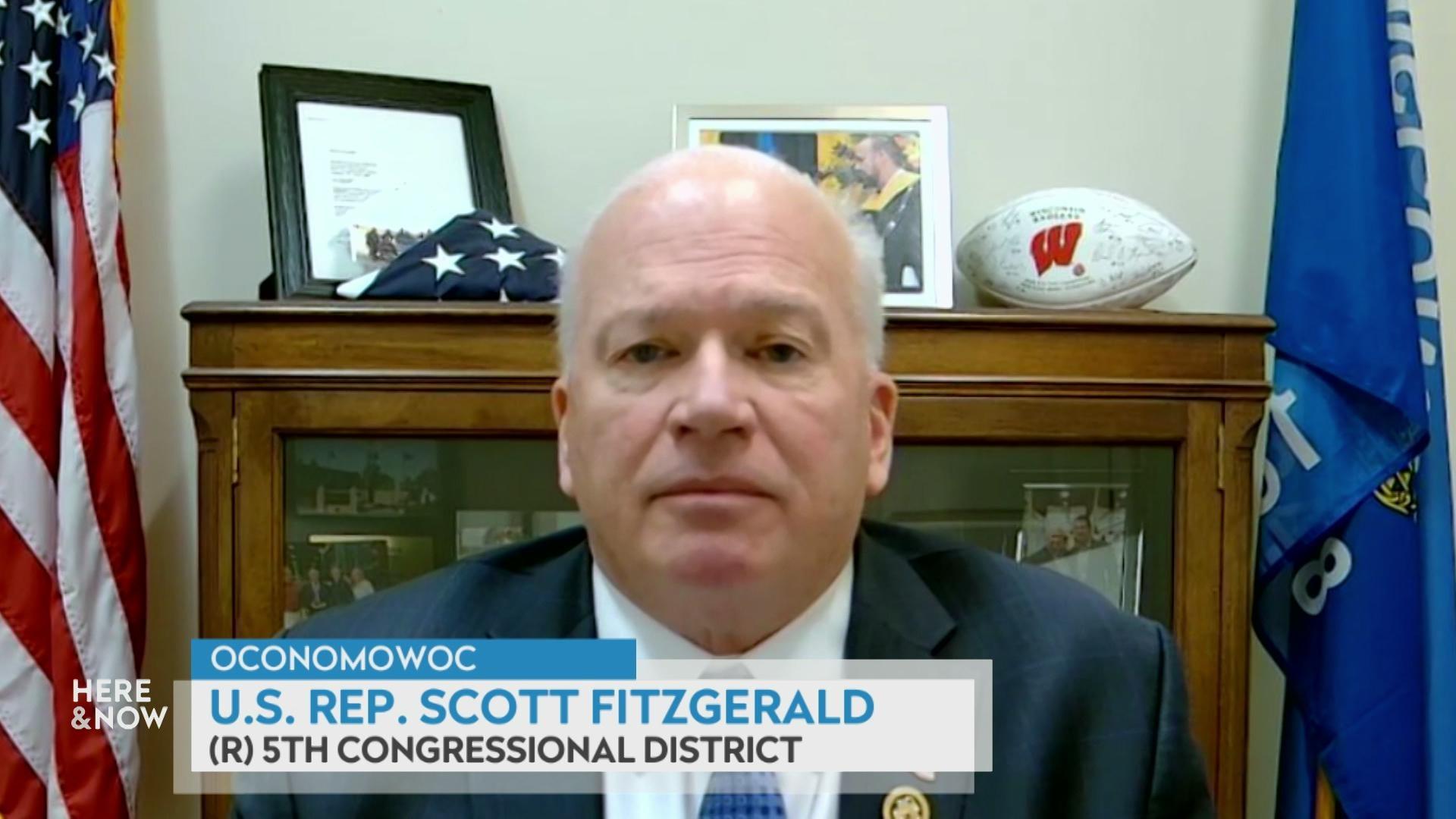

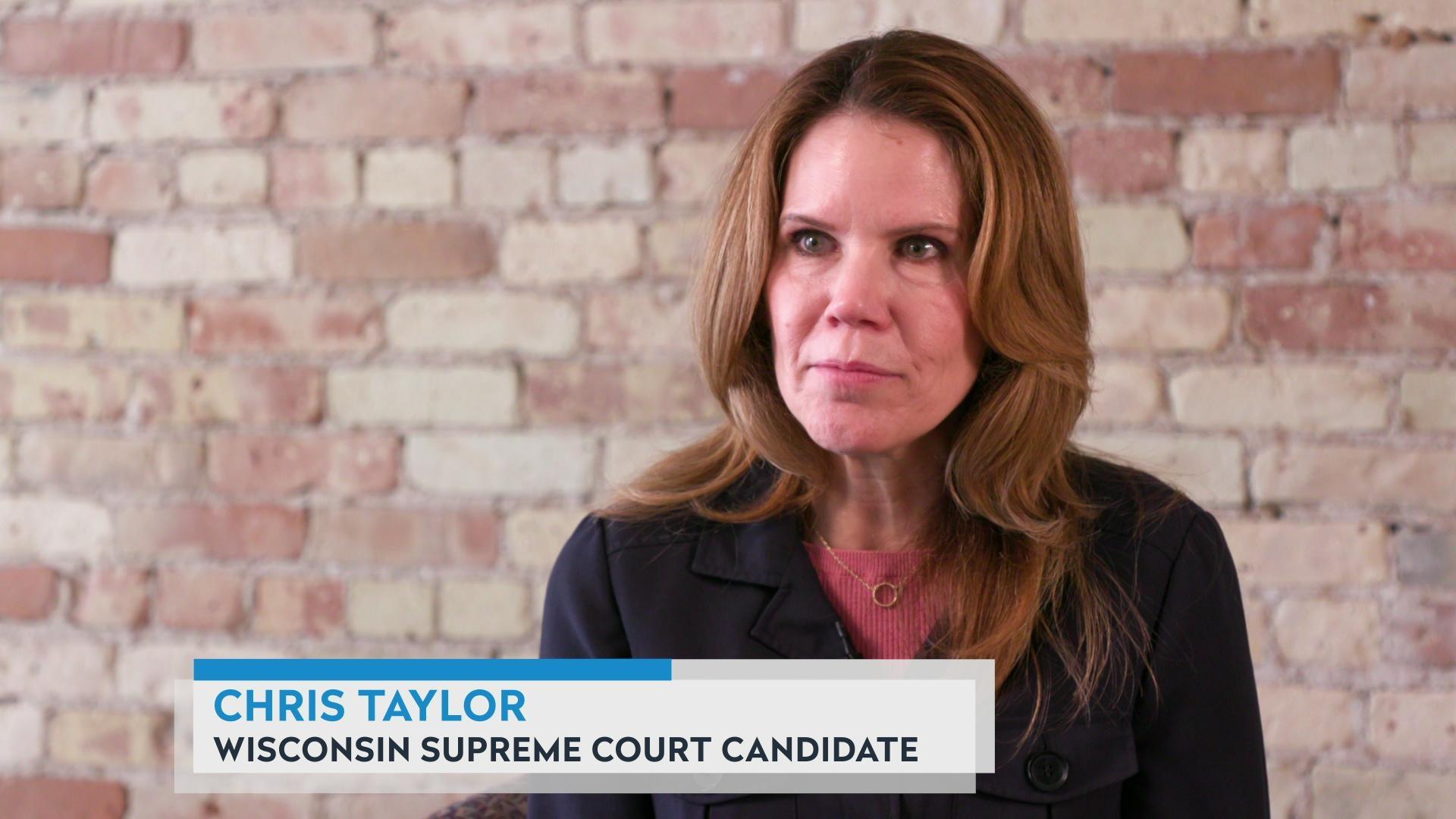

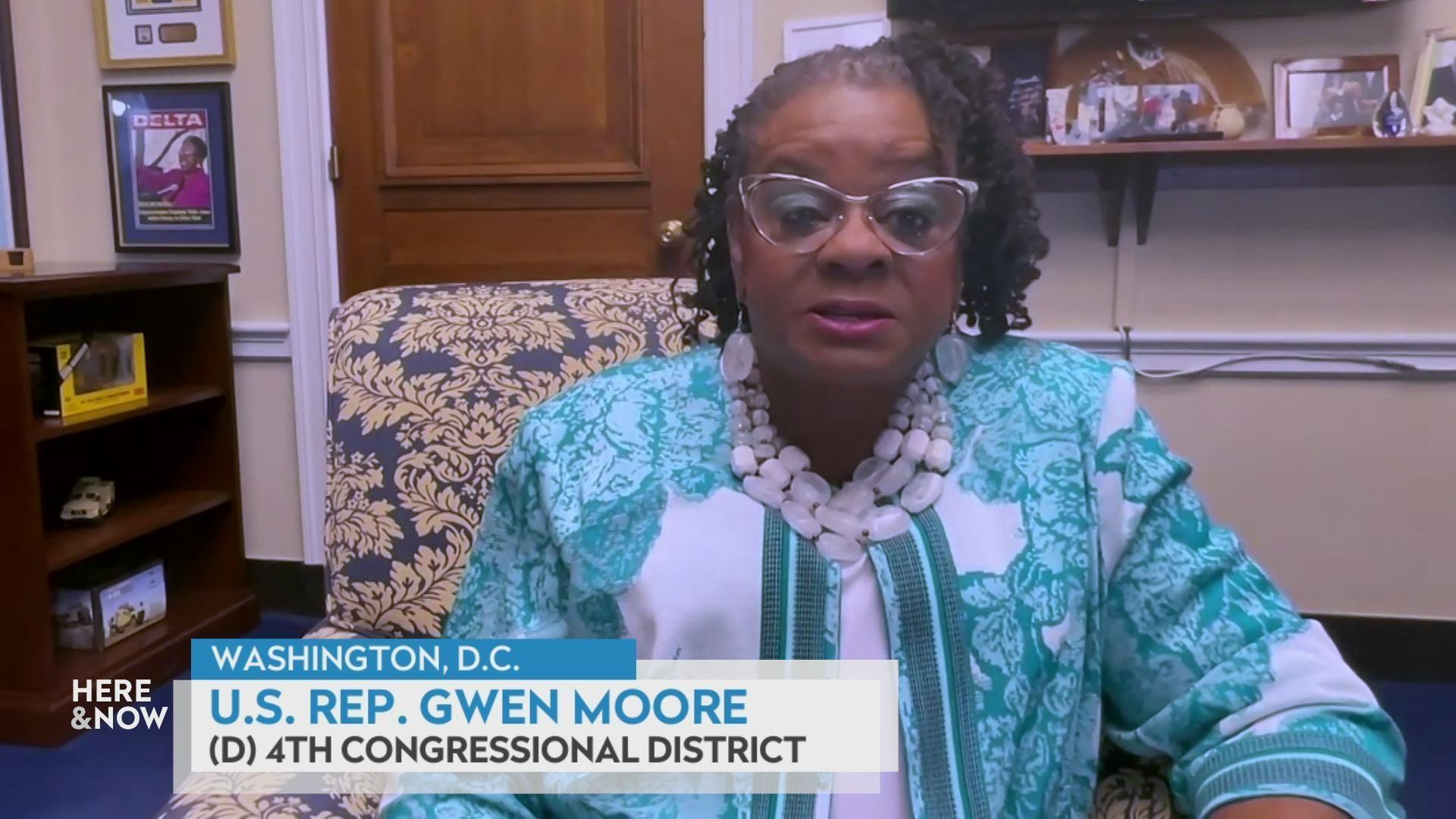
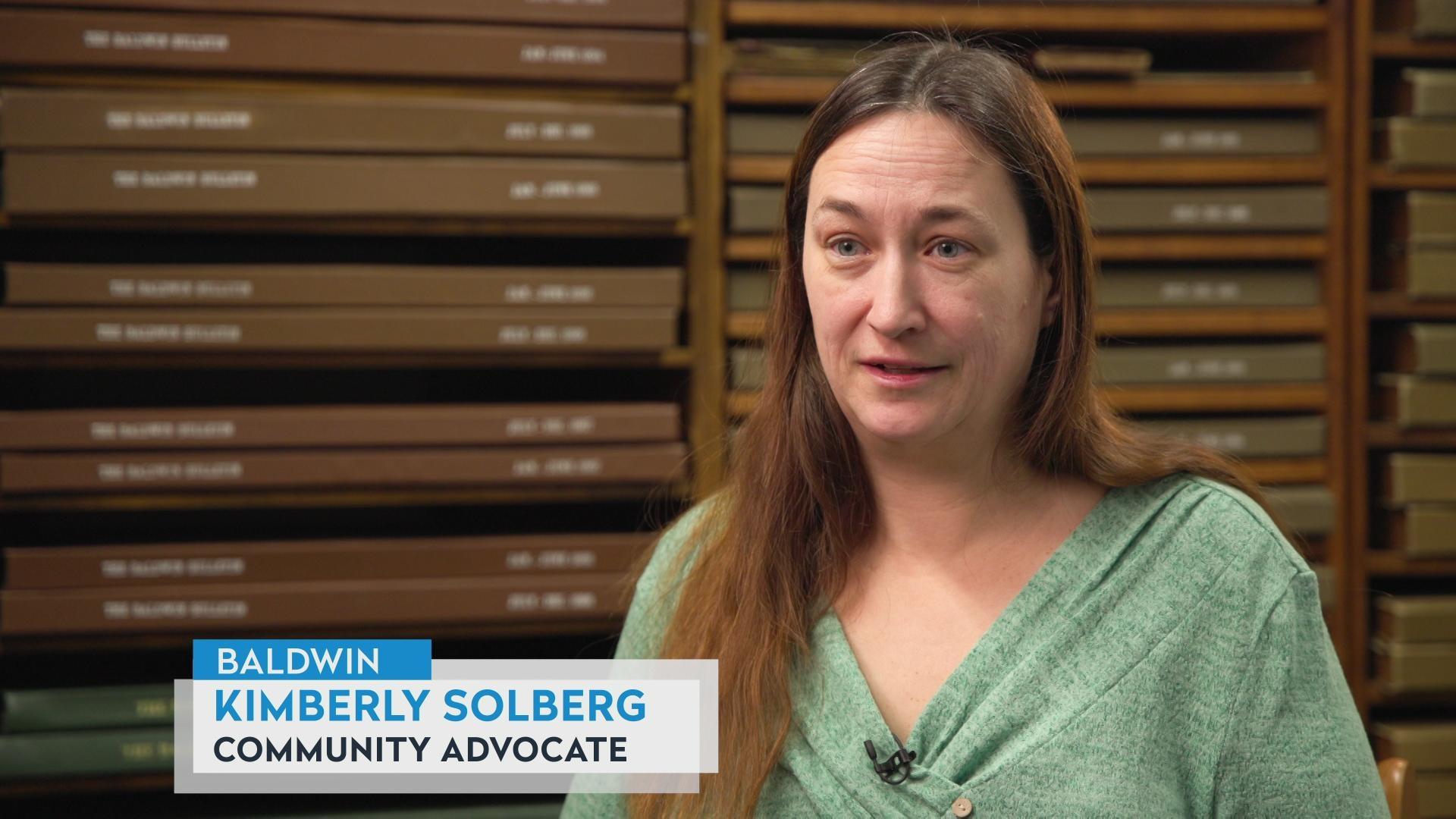

Follow Us